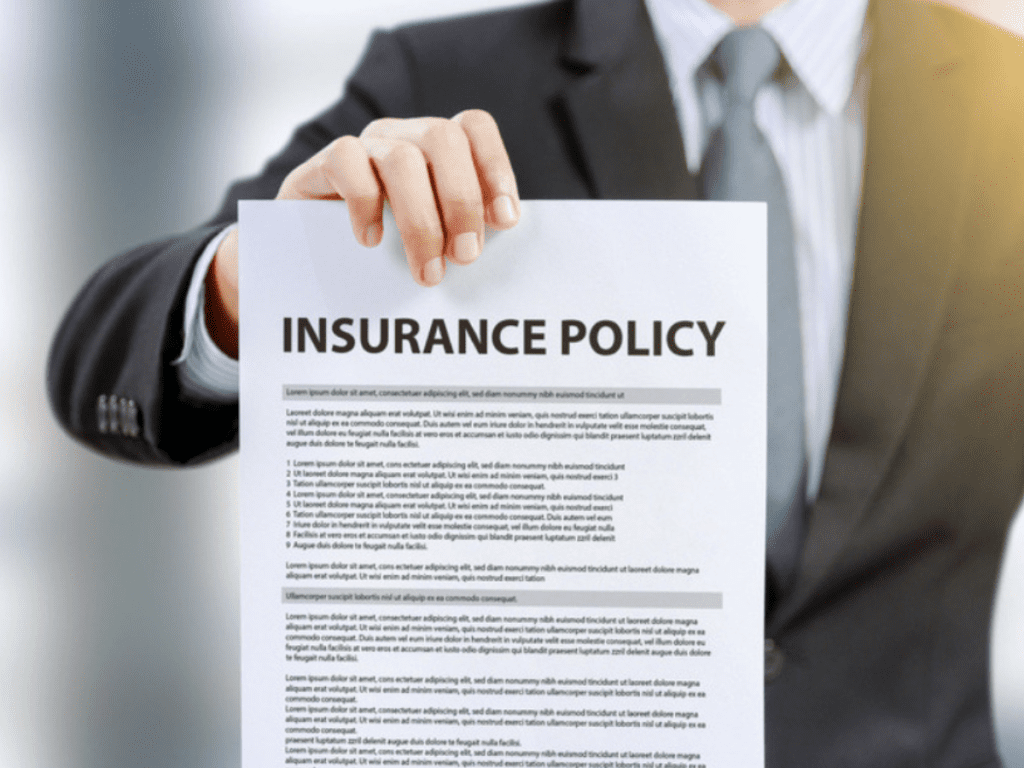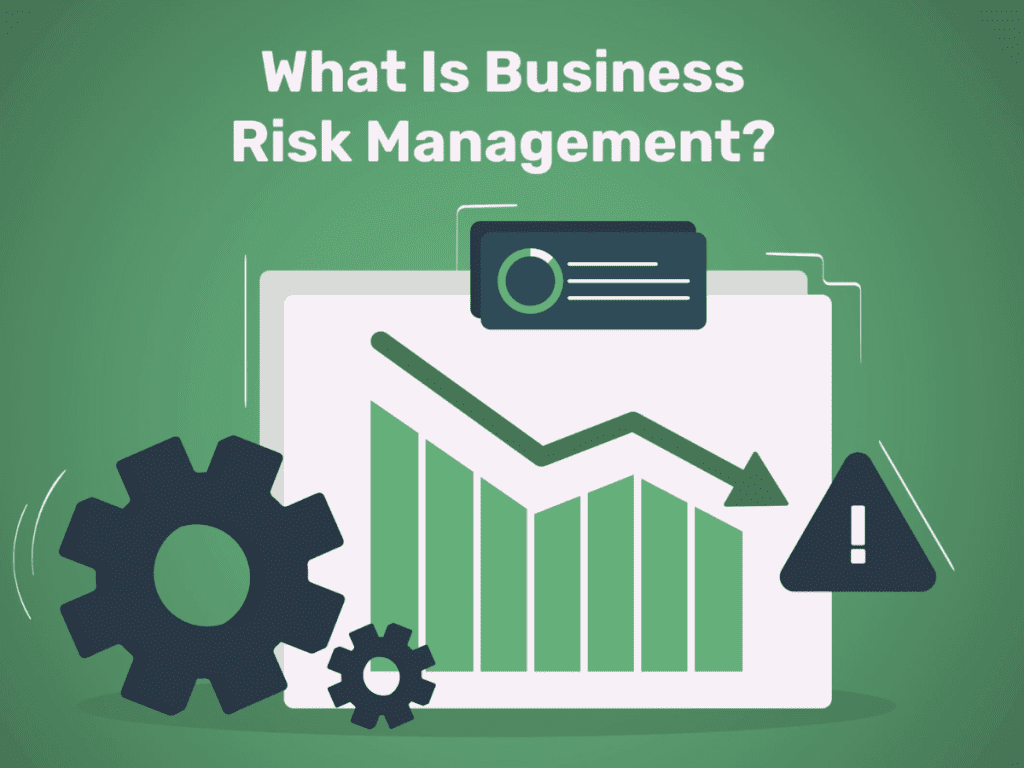Introduction
Insurance is a cornerstone of financial security, providing a safety net against unforeseen events and helping you manage risks. Whether you’re purchasing auto, health, life, or home insurance, making an informed decision is crucial. With countless options, fine print, and varying terms, it’s easy to feel overwhelmed. This comprehensive guide will walk you through the essential things to consider before buying insurance, empowering you to make confident choices that fit your needs and budget.
Understanding the Purpose of Insurance
At its heart, insurance is a financial agreement where you pay a premium to an insurer in exchange for protection against specified risks. The purpose of insurance is to:
- Provide Financial Protection: Shield you from significant financial losses due to unexpected events like accidents, illnesses, or natural disasters.
- Offer Peace of Mind: Reduce the stress of uncertainty by knowing you’re prepared for life’s unpredictabilities.
- Ensure Compliance: Meet legal or contractual obligations, such as mandatory car insurance for drivers or homeowner’s insurance required by mortgage lenders.
By understanding these fundamentals, you can better assess what type of insurance aligns with your goals and circumstances.
Types of Insurance to Consider
Before buying insurance, it’s essential to identify which types of coverage are most relevant to your life. Here are the most common types:
- Health Insurance: Covers medical expenses, including doctor visits, hospitalization, and prescription drugs. It’s often considered a necessity to protect against the high costs of healthcare.
- Why it matters: A single medical emergency can drain your savings without proper coverage.
- Life Insurance: Provides financial support to your beneficiaries in the event of your death. Policies can be term-based or permanent.
- Why it matters: If you have dependents, life insurance ensures they’re financially secure after your passing.
- Auto Insurance: Protects against financial losses from car accidents, theft, or damage.
- Why it matters: Most jurisdictions mandate a minimum level of auto insurance coverage for drivers.
- Homeowners or Renters Insurance: Covers damage to your property or belongings and liability for accidents occurring on your premises.
- Why it matters: It protects your most significant investments and ensures you’re not solely responsible for repairs or replacement costs.
- Disability Insurance: Replaces a portion of your income if you’re unable to work due to illness or injury.
- Why it matters: It’s an essential safety net for those whose income is their primary asset.
- Travel Insurance: Covers unexpected expenses during travel, such as trip cancellations, lost luggage, or medical emergencies.
- Why it matters: Ensures you don’t face financial strain while away from home.
Assessing Your Needs
Before diving into insurance plans, take time to evaluate your specific requirements. Consider the following factors:
- Life Stage and Dependents:
- Are you single, married, or supporting a family? Life insurance is critical if you have dependents.
- Are you nearing retirement? You might prioritize health insurance and long-term care coverage.
- Financial Situation:
- Calculate how much coverage you can afford without straining your budget. Premiums should fit comfortably within your financial plan.
- Risk Exposure:
- Assess your lifestyle, occupation, and geographic location. For example, if you live in an area prone to natural disasters, comprehensive home insurance is vital.
- Assets to Protect:
- Identify valuable possessions, like your home, car, or other high-value items, to ensure they’re adequately covered.
- Legal Requirements:
- Research insurance mandates in your jurisdiction, such as minimum auto insurance coverage.
Researching and Comparing Policies
Insurance is a competitive market, and no two policies are the same. To find the best option, follow these steps:
- Understand the Coverage:
- Read the policy details carefully. Pay attention to what’s covered, exclusions, and limitations.
- Ask for clarification if terms are unclear, such as “acts of God” or “pre-existing conditions.”
- Compare Quotes:
- Gather quotes from multiple providers. Use comparison websites or work with an independent insurance broker.
- Ensure you’re comparing apples to apples by evaluating policies with similar coverage levels and deductibles.
- Check the Provider’s Reputation:
- Research customer reviews and ratings. Look for complaints about claims processing or customer service.
- Verify the provider’s financial stability using resources like AM Best or Standard & Poor’s ratings.
- Consider Bundling Options:
- Many insurers offer discounts if you bundle multiple policies, such as auto and home insurance.
Key Features to Look For
When evaluating policies, pay close attention to the following features:
- Premiums: The amount you’ll pay regularly to maintain the policy. Look for a balance between affordability and adequate coverage.
- Deductibles: The out-of-pocket amount you’re responsible for before the insurer pays. Lower deductibles mean higher premiums and vice versa.
- Coverage Limits: The maximum amount the insurer will pay for a covered event. Ensure the limits align with your needs.
- Exclusions: Situations or damages not covered by the policy. Be aware of these to avoid surprises when filing a claim.
- Riders and Add-ons: Additional coverage options that can enhance your policy, such as accidental death benefits or extended warranties.
Common Mistakes to Avoid
Purchasing insurance can be a complex process, and mistakes can lead to inadequate coverage or wasted money. Avoid these pitfalls:
- Buying Based on Price Alone:
- The cheapest policy isn’t always the best. Focus on the value of the coverage rather than just the cost.
- Overlooking Policy Details:
- Skipping the fine print can lead to misunderstandings about what’s covered. Always read the terms carefully.
- Failing to Update Coverage:
- Life changes, such as marriage, the birth of a child, or a new job, may require adjustments to your policy.
- Not Shopping Around:
- Sticking with one provider without comparing options may result in higher costs or less favorable terms.
- Underinsuring:
- Opting for minimal coverage might save money initially but can leave you vulnerable to significant financial loss.
Filing Claims and Managing Policies
Once you’ve purchased insurance, understanding how to manage it is essential. Here are tips to ensure smooth handling of claims and policy updates:
- Keep Documents Organized:
- Maintain digital and physical copies of your policy, receipts, and correspondence for easy reference.
- Report Incidents Promptly:
- Notify your insurer as soon as possible when a covered event occurs.
- Provide Accurate Information:
- Submit thorough and truthful documentation to avoid delays or disputes.
- Review Policies Annually:
- Regularly assess your coverage to ensure it still meets your needs and make adjustments as necessary.
The Role of Insurance Agents and Brokers
Working with an insurance agent or broker can simplify the buying process. Here’s how they can help:
- Agents: Represent a specific insurance company and can provide in-depth knowledge about their products.
- Brokers: Work independently to offer options from multiple insurers, helping you find the best fit.
When choosing an agent or broker, look for someone with a good reputation, relevant expertise, and a clear understanding of your needs.
The Future of Insurance
Insurance is evolving rapidly, with technological advancements and changing consumer expectations shaping the industry. Key trends to watch include:
- Digital Platforms: Streamlined processes for buying, managing, and claiming insurance online.
- Usage-Based Insurance: Personalized premiums based on real-time data, such as driving habits or health metrics.
- Eco-Friendly Policies: Coverage that rewards sustainable practices, like using electric vehicles or energy-efficient homes.
- Microinsurance: Affordable, short-term policies designed for specific, immediate needs, such as insuring a single trip or a valuable item.
Final Thoughts
Buying insurance is an important financial decision that requires careful consideration and research. By understanding your needs, comparing policies, and avoiding common pitfalls, you can find the right coverage to protect yourself, your loved ones, and your assets. Remember, insurance is not just an expense; it’s an investment in peace of mind and financial stability.

